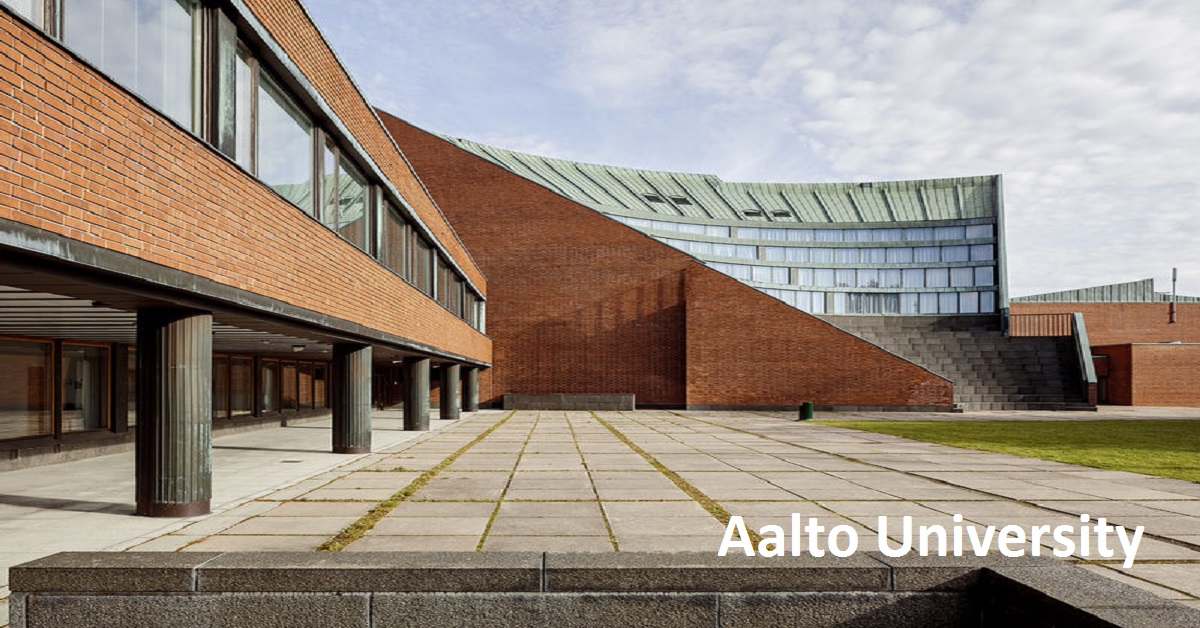The Department of Electronics and Nanoengineering conducts research and arranges related courses in the field of electromagnetics, micro and nanotechnology, radio engineering, and space technology featuring an international team of over 150 Researchers and Research Assistants. The Department is part of the Aalto University School of Electrical Engineering (Aalto ELEC) with world-class research facilities and instruments.
The Antennas and Propagation group of Aalto University School of Electrical Engineering is looking for a
Master’s thesis worker or full-time intern for experimental characterization of THz wave propagation, targeting 6G cellular communications.
Your role and goals
The fifth-generation (5G) cellular wireless has started its roll out in many countries. Now research on future generation radio communications started to aim at defining sixth-generation (6G) technical features, applications and ecosystems. One of the most distinguishing features of 6G radios is the more aggressive use of millimeter-wave bands; the deployments are presently limited to lower millimeter-wave frequencies. Due to the availability of wider bandwidth, the higher end of millimeter-wave frequencies, i.e., above-100 GHz, gains attention in the research community. Within the community a common question about the use of above-100 GHz radios is, “is it even possible to deliver power from a base station to a mobile station in cellular settings, given the significant link blockage and diffraction losses?” The work in this position addresses this question in terms of electromagnetic field reflection. Our group has obtained extensive set of measured cellular wave propagation data from THz field tests. Analyses of the measured data to gain improved understanding of wave-interacting objects at THz frequency band is the main goal of the present thesis.
The chosen candidate is expected to accomplish the following tasks:
1. Understanding the available measured channel data from various outdoor cellular sites at 140 GHz, along with the three-dimensional (3D) map data of each cellular site in the form of point cloud. Getting familiarized with the data and being able to refine them through appropriate software, e.g., MATLAB and Cloud Compare. Participating in and helping new THz channel measurements led by an instructor of the thesis.
2. Fusing the measured channel data and 3D map to identify wave-interacting objects in each site, and analyzing their characteristics, i.e., types of materials and sizes of the objects and their variation as changes of mobile station locations; and finally
3. Writing a scientific report about the process to fuse the measured channels and map and obtained analysis results on the characteristics of the wave-interacting objects.
The study will be performed in close collaboration with a doctoral student who performed the channel measurements. The candidate gets the opportunity to communicate with international academic institutions and wireless industry committed to the development of 6G radio systems.
Research group
Associate Professor Katsuyuki Haneda leads the Antennas and propagation research group, which has been involved in several EU FP7 and Horizon 2020 projects about 5G-and-beyond physical layer studies and hence is known internationally to scientific and industrial research communities. Applications of the developed knowledge and experimental facilities about 5G-and-beyond cellular to industries are one of the key research missions of the group.
Your experience
Basic knowledge of electromagnetic fields such as plane waves along with the experience of using MATLAB are necessary. It is advantageous if the applicant also has the following knowledge and skills:
- Experience in radio frequency measurements of microwave components and/or antennas.
- Basic knowledge of 5G radio communications and radar systems.
Only students studying for a master’s degree can apply for this position. Applicants who already have a master’s degree are not eligible.
What we offer
This position will be filled for up to six (6) months. A full-time work contract is granted if the candidate has finished all the other master level courses, while a part-time work is granted if the candidate needs to attend other courses in parallel to this employment. The salary follows the standard salary level of research assistants in the School of Electrical Engineering, based on the acquired study credits. We prefer that the work starts in April 2023 at the latest.
Ready to apply?
Please submit your application through our recruiting system by using “Apply” link on this page and include the following documents in English:
- Course transcripts of master’s study
- Curriculum Vitae
Deadline for applications is 31 March 2023 but we will start reviewing candidates immediately upon receiving new application documents. Applications will be considered until the position is filled.
More information
For additional information, please contact Associate Professor Katsuyuki Haneda, katsuyuki.haneda(at)aalto.fi.
Interested?
